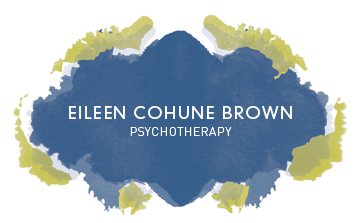Neuroscience Supports Importance of Early Relationships
Photograph by Lynn Johnson
As a Depth psychotherapist, I always relish moments when the tenets of psychoanalysis are supported by current neuroscience. I read with interest this January 2015 article in National Geographic entitled , "A baby's brain needs love to develop. What happens in the first year is profound." Researchers have found that stimulation, language and interaction, in order to be beneficial, need to be delivered by a caring adult - not the TV, smartphone or audio book.
Researchers also found that institutionalized children who had inadequate brain stimulation in the first two years of life who were not subsequently moved to a nurturing environment, showed significantly less brain activity at age 8 than children who were either never institutionalized, or who were moved to nurturing environments before the age of 2.
For therapists and teachers who have worked with these children (and adults) over the years, this won't come as a surprise. Early life trauma and neglect often leave long-lasting and painful scars. I hope that as neuroscience continues to support the need for loving and caring treatment of children, our society can chart a course correction and support parents, programs and people who carry out this vital work.
For those who'd like to dig deeper, Parenting From the Inside Out by neuroscientist Dan Siegel, is a wonderful book for parents, focusing on ways to strengthen attachment and brain development. For parents of babies, I highly recommend the Sing a Song with Baby book and CD. It is filled with many fun and interactive songs which strengthen attachment and trust between baby and caregiver. As always, your questions and emails are welcome.

